Rio Olympics brings samba style to Opening Ceremony despite budget cuts
The Summer Olympic Games were officially thrown open in Brazil - the first South American country to host the Olympics - in a festive opening ceremony at the Maracana Stadium in Rio de Janeiro. Dancers, acrobats and light projections were on hand to treat the crowd of 70,000. There was a vivid potrayal of Brazil\'s history on display. The highlight of the night - and a part that took up the most time - was the Parade of Nations featuring 208 countries plus, for the first time ever, one refugee team.
There were protests ahead of the Opening Ceremony. Riot police had to use tear gas to disperse hudreds of protestors gathered near the Olympic Stadium. The Olympic Torch had to take a different route to avoid the demonstrations. The protests were against Brazil\'s acting president Michel Termer.
The budget for the Opening Ceremony was nowhere near that of Beijing in 2008 or London in 2012. The budget for the Olympics opening ceremony, closing ceremony and those for the Paralympics was cut to $55.9 million according to Creative director Fernando Meirelles. This is 12 times less than what it was for London and 20 times less than Beijing.
Brazil used the Opening Ceremony to tell the tale of Brazil\'s history - from slavery to mega-cities replete with high-rises - that come from a developing nation. The ceremony featured a 12-year-old rapper, supermodel Gisele Bundchen, and lots of beams of lights to dazzling effects. All in all, it truly reflected the culture of Brazil and Rio. A large part of the ceremony was focused on the environment and sustainability. The whole ceremony was full of passion.
The Parade of Nations saw Andy Murray lead the British while holding the flag one-handed. India entered the stadium, led by Abhinav Bindra, to huge cheers. USA led by Michael Phelps had the largest contingent.
As four-time gold medalist Michael Johnon told BBC One, "People like sport and enjoy life here. Coming from America, we are exactly the opposite which is work, work, work.
"It was reflected beautifully in a simple way. They didn\'t spend as much money as Beijing or London and it proves you don\'t have to spend to make something spectacular."
All in all, the event was over four hours long, a large amount of time dedicated to the Parade of Nations, but for those that stayed up, it was well worth it. The largest cheers of the night were reserved for when the refugee team walked out into the Maracana Stadium.
A massive flash of fireworks ended the ceremony.
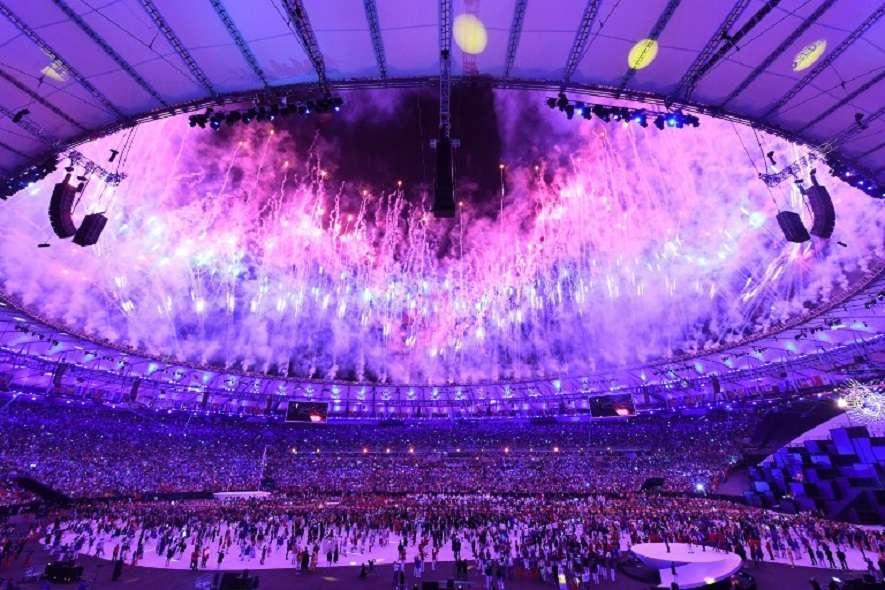
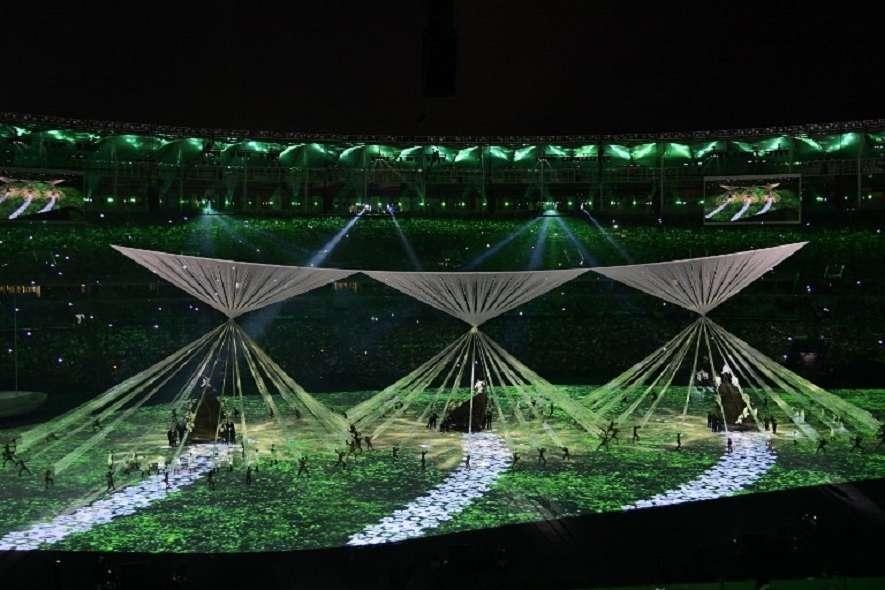
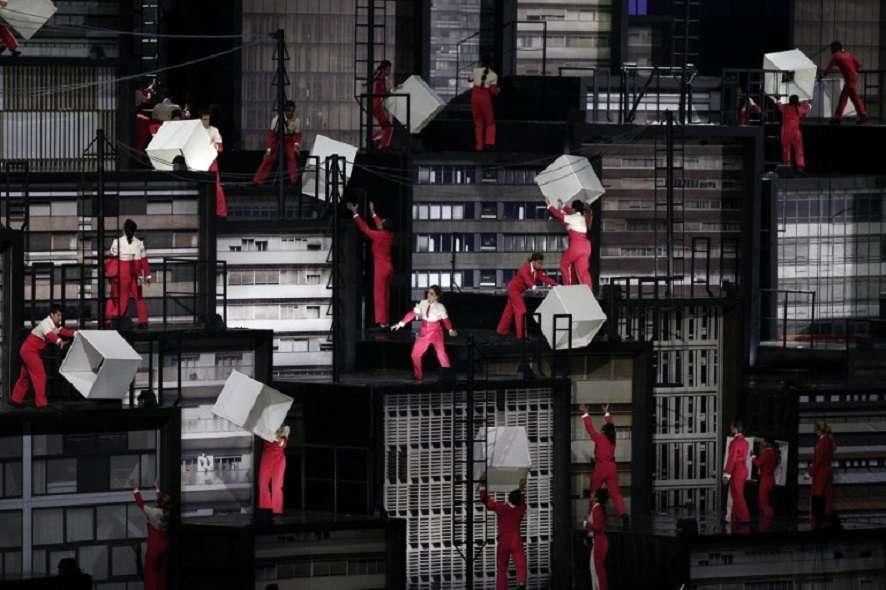
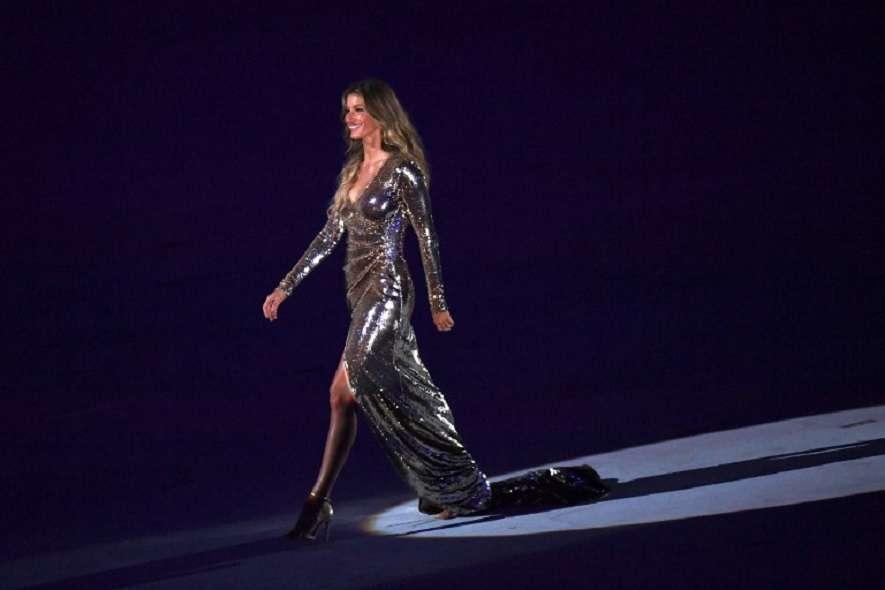
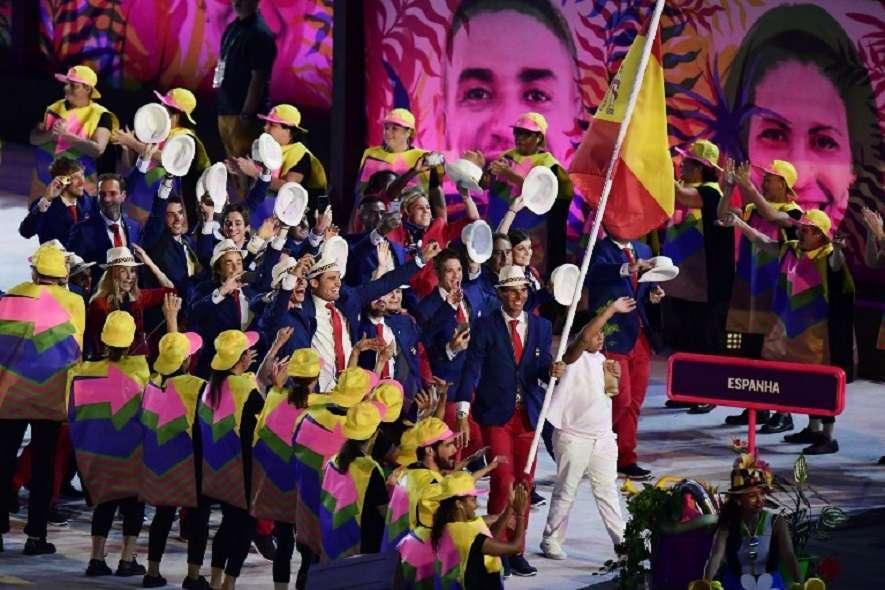
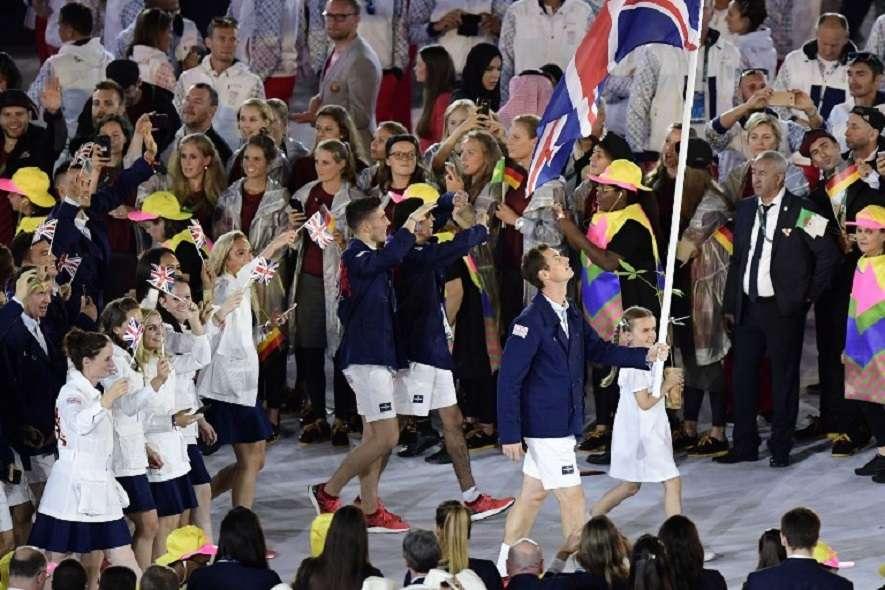
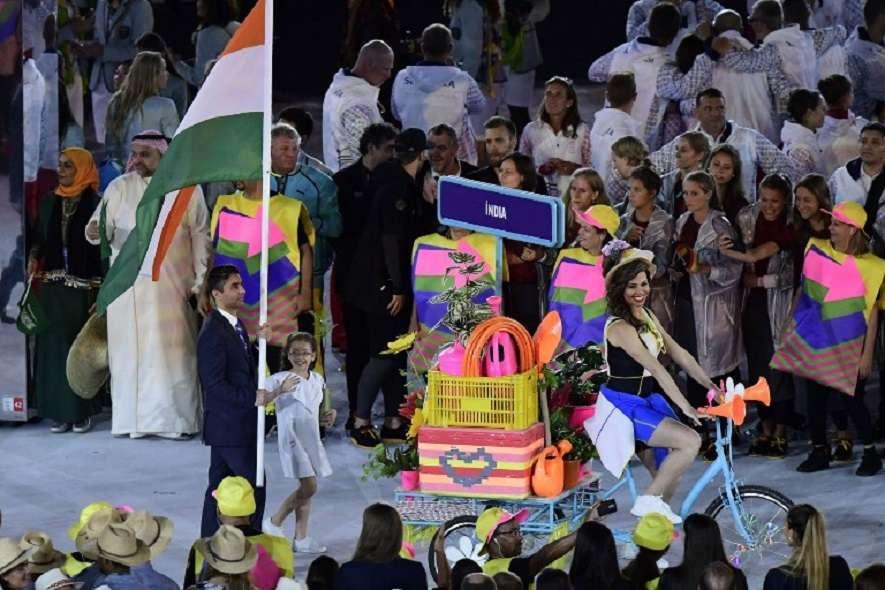
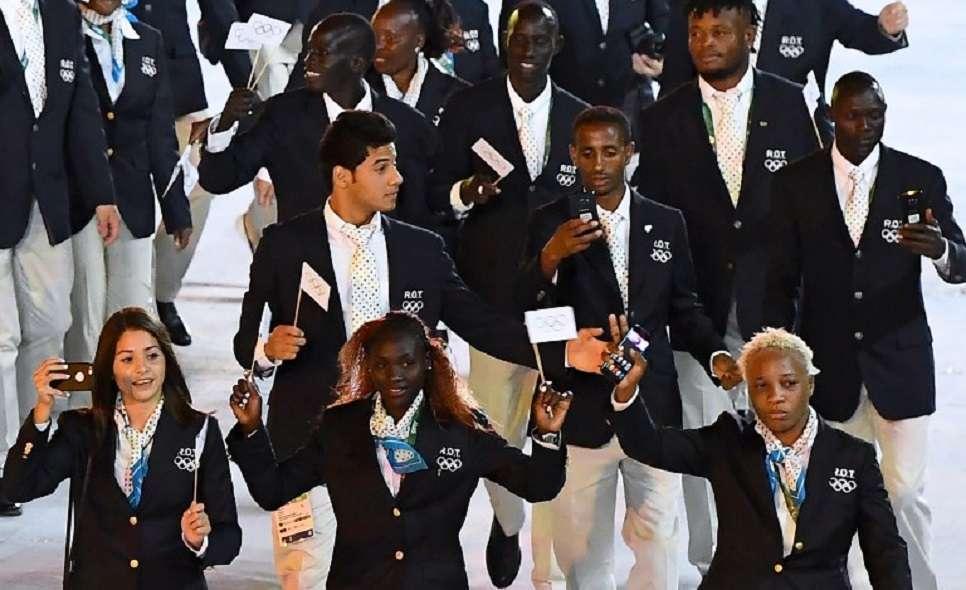
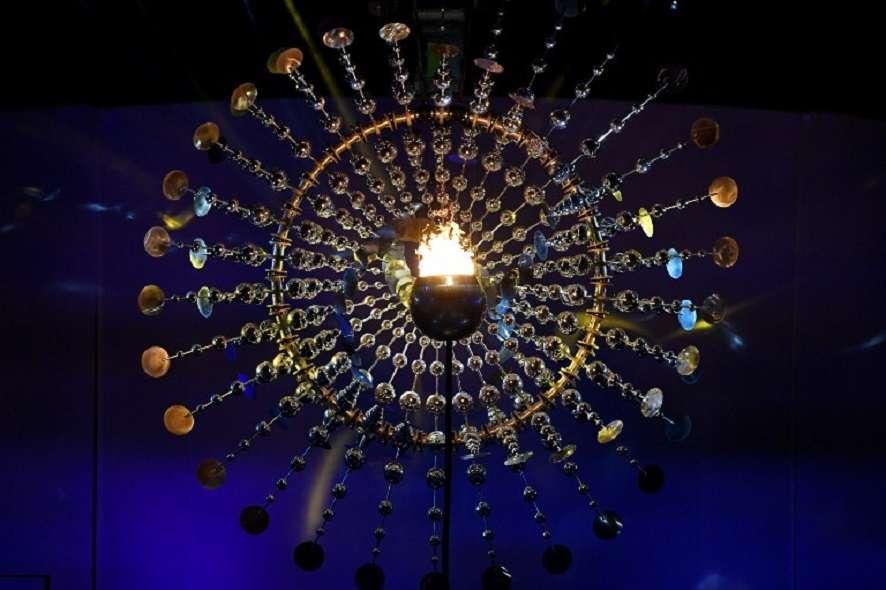


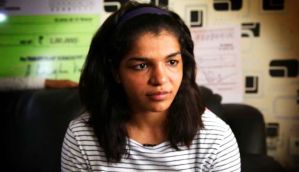
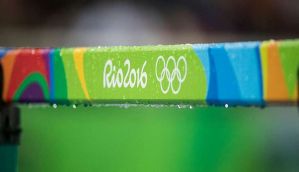
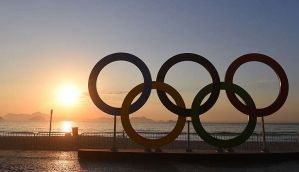

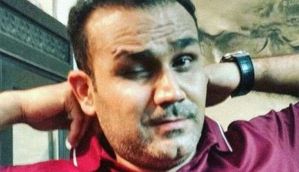
![BJP's Kapil Mishra recreates Shankar Mahadevan’s ‘Breathless’ song to highlight Delhi pollution [WATCH] BJP's Kapil Mishra recreates Shankar Mahadevan’s ‘Breathless’ song to highlight Delhi pollution [WATCH]](https://images.catchnews.com/upload/2022/11/03/kapil-mishra_240884_300x172.png)

![Anupam Kher shares pictures of his toned body on 67th birthday [MUST SEE] Anupam Kher shares pictures of his toned body on 67th birthday [MUST SEE]](https://images.catchnews.com/upload/2022/03/07/Anupam_kher_231145_300x172.jpg)






